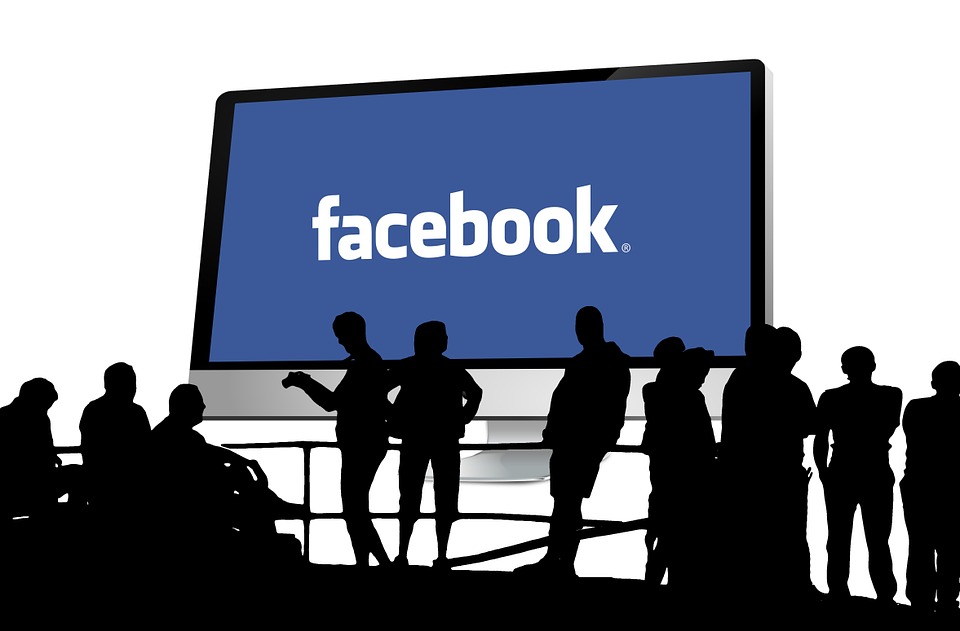Putin, Facebook and Me
Zuckerberg’s crackdown on nefarious ads has gone way overboard. Even a veteran’s group is suspect.
Facebook has been frenetic since the disclosure that up to 150 million Americans were exposed to fake content during the 2016 political campaign.
It has banned hundreds of accounts, hired an army of tens of thousands of content checkers, and adopted new rules on political advertising.
But in the interest of protecting us from the machinations of Vladimir Putin, it has invaded the privacy of its advertisers and, arguably, interfered with free expression. As a private entity it can do that, but that doesn’t make it right.
Americans are used to seeing and hearing disclaimers on political advertising, to let people know who paid for the ads. But Facebook has vastly expanded the concept of what is “political” advertising, and is requiring would-be advertisers to share personal information and documents that include their photos.
The New York Times reported that Facebook is “requiring proof that people posting an ad related to an American political campaign are in the United States…”
That sounds like it makes good sense. But in practice, Facebook has cast the net so wide it has captured not only political candidates and campaigns, but anything vaguely related to any public issue.
I am the administrator of the Facebook page for Milwaukee Veterans for Peace. The organization is “political” in the sense that it has a point of view. It is pro-peace and anti-war. Its mission is to educate the public about the true costs of war. It does not endorse or support candidates for office or participate in political campaigns. It has tax exempt status from the Internal Revenue Service.
Our local chapter has used Facebook to promote events for years – rallies, speakers, book signings, special events and more.
Under the current Facebook setup, the only way for an organization to reach people beyond its own core membership is to spend money to “boost” a post about an event, to broaden the audience it reaches.
Facebook has become an organizing tool to mobilize like-minded people. When we sponsor our annual Armistice Day observance at City Hall, for example, we have spent a few dollars to promote it on Facebook, as we have long done for other events.
Not anymore.
When we tried to promote a recent author talk by Medea Benjamin, sponsored by a number of local peace groups, our ad was rejected by Facebook as political. Medea Benjamin, a co-founder of CODEPINK: Women for Peace, is certainly political in one sense. She confronts warmakers wherever she finds them, whether in Washington, DC, in Yemen, in Syria, or in Israel. She is a fierce advocate for peace and human rights.
She’s also an author of several books, most recently, “Inside Iran: The Real History and Politics of the Islamic Republic of Iran,” sort of a primer on the issues. She was in Milwaukee on a book tour.
Our attempt to advertise that event on our Facebook page was rejected. I appealed, saying it was not about a candidate or campaign, but that also was rejected.
It turns out that Facebook isn’t just regulating candidate based ads, but “any national legislative issue of public importance in any place where the ad is being run.”
In other words, everything is political, except maybe cat videos.
Here’s the initial list of “top-level issues that will be considered to require advertiser authorization and labeling for ads targeting the US.” – abortion, budget, civil rights, crime, economy, education, energy, environment, foreign policy, government reform, guns, health, immigration, infrastructure, military, poverty, social security, taxes, terrorism, and values. “Values” probably covers anything else not listed.
Although what we were doing was not really political, in my judgment, I began the process of getting authorization to buy political advertising. First Facebook asked for my address and said it would mail me a code could use to complete the rest, so they would know I actually lived in the USA. I did that.
Facebook wanted me to upload a photo of either my driver’s license or my passport, assuring me it would only be used to confirm my identity, and would be destroyed, usually within six weeks or so.
Send Facebook a photo ID with your date of birth and other information? What could possibly go wrong? Massive identity theft, perhaps?
This may be comparing grapefruit and grapes, but Facebook did tell its 2-billion plus users in April they should assume their profile information had been compromised by “malicious third-party scrapers.” So wholesale theft of personal information is not out of the realm of possibility.
That’s where I bailed out on the application process.
Even if it’s multiplied many times by others who make the same decision. I don’t think Mark Zuckerberg and Co. will miss our occasional $10 or $20 in ad revenue,
Certainly not as much as I’d miss my identity.
Bill Christofferson is a Marine Corps veteran of Vietnam and a member of Milwaukee Chapter 102 of Veterans for Peace.
Op-Ed
-
Why the Knowles-Nelson Stewardship Program Matters
 Apr 20th, 2025 by State Sen. Jodi Habush Sinykin
Apr 20th, 2025 by State Sen. Jodi Habush Sinykin
-
Invest in a Successful Future for Wisconsin’s Children
 Apr 8th, 2025 by County Executive David Crowley
Apr 8th, 2025 by County Executive David Crowley
-
Why I Joined the Protest in Washington DC
 Apr 7th, 2025 by Anne Curley
Apr 7th, 2025 by Anne Curley




















